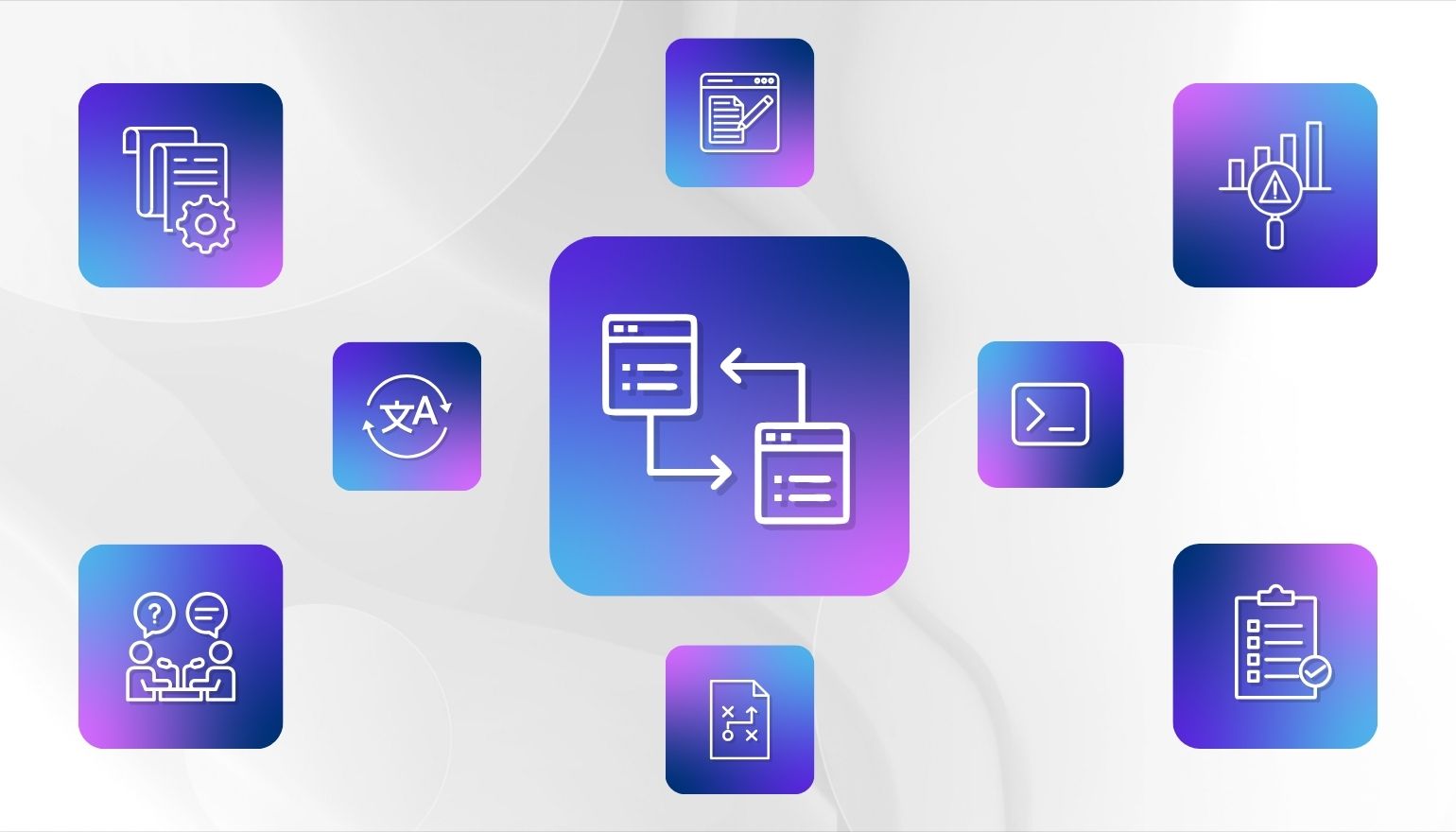
Blog
Navigating Data Recovery, Compliance, and Security: Why Your Law Firm Should Consider a Cloud-Based DMS


Rebecca Sattin
Senior Director, Partner Success
In our ongoing series, we have discussed the financial and scalability benefits of moving from an on-premises to a cloud-based document management system (DMS). For law firms, these factors are crucial, but the complexities of data recovery, compliance, and security present even more compelling reasons to make the switch.
The Challenge of Data Recovery in On-Premises Systems
A key problem with on-premises systems is that they often rely on manual backups, which can lead to significant gaps in data recovery.
Data loss is a critical risk for any law firm, where the loss of sensitive client information can result in not just financial damage but also reputational harm … and that’s expensive. As of 2023, the average cost of data breach incidents can exceed $4.45 million — a potentially catastrophic amount for a smaller law firm.
Beyond financial repercussions, law firms also have an ethical duty to handle confidential client data responsibly, which includes the ability to recover that data in the event of a breach.
Compliance Complications
Gartner predicts that investment in governance, risk, and compliance will increase by 50% by 2026 — no doubt because compliance with regulations such as HIPAA, GDPR, and others can be particularly burdensome for firms with limited IT resources. Client demands for regulatory compliance are also increasing. Compliance requires secure storage, as well as proper handling and transmission of data.
The good news? Cloud providers typically offer built-in compliance tools that are constantly updated to reflect the latest regulatory changes, thereby reducing the burden on law firms. By utilizing these tools, firms can reduce the risks of compliance failures and the associated penalties.
It’s also a benefit law firms are able to offer clients who are “increasingly asking about the security of our documents,” says Toh Kok Seng, senior partner at Lee & Lee. “With NetDocuments in place, we can confidently give them peace of mind, knowing that our documents will always remain secure while also meeting their compliance needs.”
Security: The Perennial Concern
While security concerns often deter firms from adopting cloud solutions, the reality is that cloud providers invest heavily in security technologies and protocols. Cloud services can offer sophisticated security measures that small to midsize law firms would find prohibitively expensive to implement on their own.
“Cloud computing is becoming the de facto security model,” explains Dennis Smith, distinguished VP analyst at Gartner. “[M]ost cloud deployments are more secure than what you would have in a more traditional data center.”
For the legal industry, data security is paramount. “High-profile data breaches were a real wake-up call to the legal sector in Australia,” explains Marco Marcello, information systems manager at Lavan. “We quickly recognized that moving our document management to the cloud would give us an added layer of security.”
The Risk of Ransomware Attacks
In addition to scalability concerns, on-premises document management systems pose a significant security risk, particularly regarding ransomware attacks. These malicious attacks can encrypt on-premises files, rendering them inaccessible and demanding ransom payments for their release. According to a report by Cybersecurity Ventures, ransomware damage costs will reach $265 billion annually, emphasizing the urgent need for robust security measures.
Cloud-based solutions offer enhanced security protocols, including regular updates, encryption, and automated backups, which collectively reduce the risk of data breaches and ransomware attacks. Law firms migrating to a cloud-based DMS can thus better protect their sensitive client information and maintain operational continuity even in the face of cyber threats.
Enhancing Security with Cloud-Based DMS
Cloud-based DMS providers employ advanced encryption methods both at rest and in transit, which strengthens data security. They also perform regular security audits and real-time threat detection, significantly mitigating the risk of unauthorized access or data breaches. For smaller law firms, relying on a cloud provider means benefiting from enterprise-level security without the associated costs.
Conclusion: Making the Strategic Leap to Cloud
For small to midsize law firms, the shift to a cloud-based DMS is not merely about technology adoption but ensuring long-term viability. With the cloud, firms can achieve better financial management and scalability, as well as superior compliance and security postures.
As the legal sector continues to evolve, law firms must embrace solutions that allow them to remain competitive while safeguarding their clients’ trust. Moving to a cloud-based DMS can provide the security and operational efficiency necessary to thrive in today’s complex legal landscape.
For lawyers looking to reduce risks and improve efficiency, transitioning to a cloud-based DMS is a clear pathway forward, transforming potential vulnerabilities into strengths.
More from the blog
-

- Blog
Ready-to-Go AI Apps for Legal Use Cases Available Now in the New ndMAX Studio
Legal professionals are looking for smarter, faster, secure ways to harness…
-

- Blog
AI-Driven Legal Tech Trends for 2025
With 79% of law firm professionals now incorporating AI tools into…
-

- Blog
Convincing Corporate IT That Legal Really Is Different: Making the Case for Corporate Legal Department Software
Explore the unique challenges legal operations leaders face in advocating for…
-

- Blog
The Digital Shift: Embracing AI for Legal Documents
The legal industry is facing a new era of transformation, driven…
netdocuments


